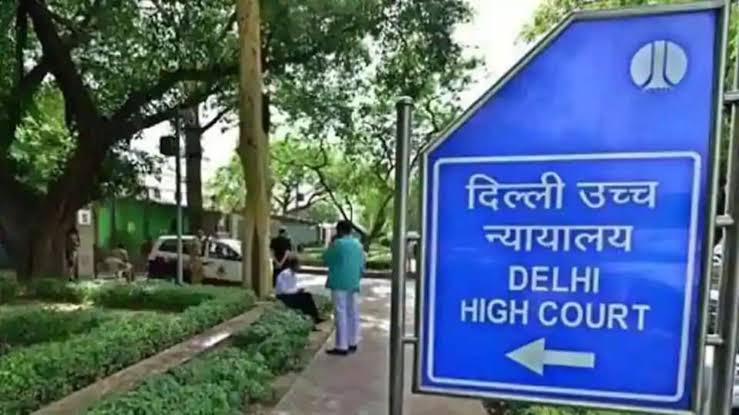Right to protest Vs. Terrorist activity, lines blurred: Delhi HC grants bail to Two Delhi Riots Accused

The Delhi High Court today granted bail to Natasha Narwal and Devangana Kalita accused under Unlawful Activities (Prevention) Act (UAPA) in the North East Delhi Riots case.
The order was pronounced by a bench comprising Justices Siddhartha Mridul and Anup Jairam Bhambhani which observed that ,” in its anxiety to suppress dissent and in the morbid fear that matters may get out of hand, the State has blurred the line between the constitutionally guaranteed ‘right to protest’ and ‘terrorist activity’. If such blurring gains traction, democracy would be in peril.”
The case cited by the prosecution against both the Pinjra Tod Activists was that both were involved in instigating the local population in North East Delhi and participated in the larger conspiracy to commit offences under the UAPA.
Interpreting the word “terrorist act” in its judgement of Jamia Milia student Asif Iqbal Tanha also accused under the UAPA, who has also been granted bail, the bench observed that “ the position is that though the phrase ‘terrorist act’ has been given a very wide and detailed definition in section 15, in our considered view, the court must be careful in employing the definitional words and phrases used in section 15 in their absolute, literal sense or use them lightly in a manner that would trivialise the extremely heinous offence of ‘terrorist act’, without understanding how terrorism is different even from conventional, heinous crime”.
The bench was of the view that the subject charge-sheet and the material filed therewith does not contain any “specific, particularised, factual allegations that would make-out the ingredients of the offences under sections 15, 17 or 18 UAPA”.
The bench further observed “in our opinion, shorn-off the superfluous verbiage, hyperbole and the stretched inferences drawn from them by the prosecuting agency, the factual allegations made against the appellant do not prima facie disclose the commission of any offence under sections 15, 17 and/or 18 of the UAPA”.
Holding that the participation of the appellants in the protest did not amount to a “terrorist act” the bench said “The making of inflammatory speeches, organising chakkajams, and such like actions are not uncommon when there is widespread opposition to Governmental or Parliamentary actions. Even if we assume for the sake of argument, without expressing any view thereon, that in the present case inflammatory speeches, chakkajams, instigation of women protesters and other actions, to which the appellant is alleged to have been party, crossed the line of peaceful protests permissible under our Constitutional guarantee, that however would yet not amount to commission of a ‘terrorist act’ or a ‘conspiracy’ or an ‘act preparatory’ to the commission of a terrorist act as understood under the UAPA”.
Taking due notice of the fact that the appellants were not arrested in the subject FIR for nearly 3 months after the date of its registration, the bench said that there was no basis or justification to detain the appellant in judicial custody in the subject FIR any longer.
Furthermore, considering the educational background, profile and appellant’s position in life, the bench said that there is no reason to suspect or apprehend that they are is either a flight risk or that they will indulge in evidence tampering, or witness intimidation, or will otherwise impede the trial in any way.
The Court has directed both the appellants to furnish personal bond of Rs. 50,000 along with two sureties. They have also been directed to surrender their passports and not to indulge in activities that would hamper the investigation.
